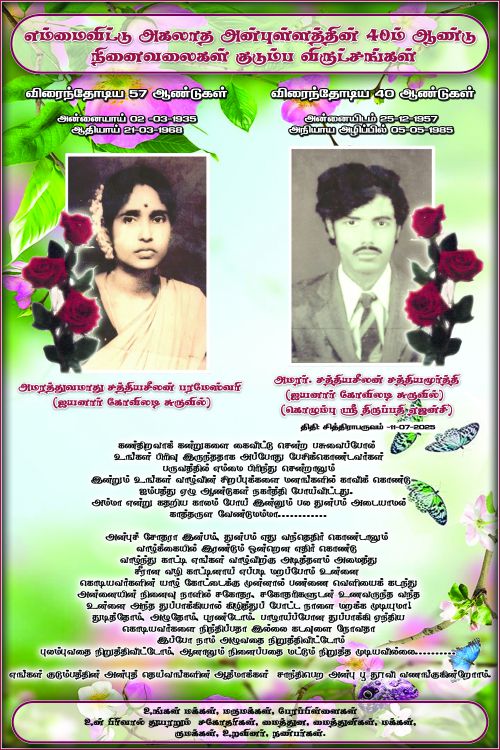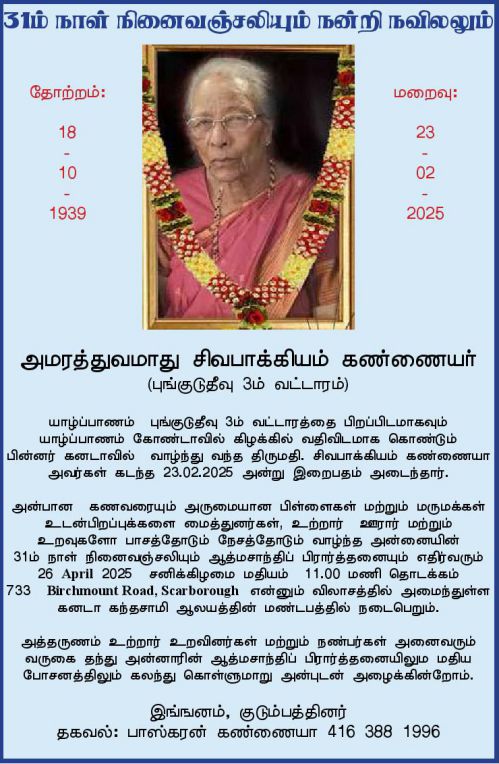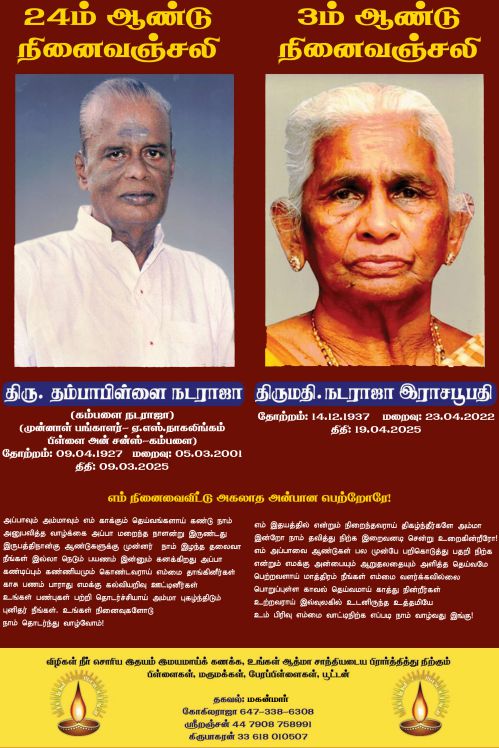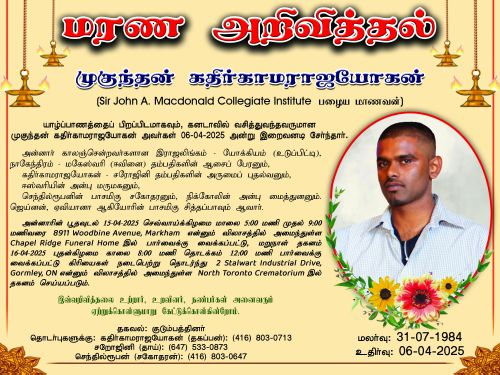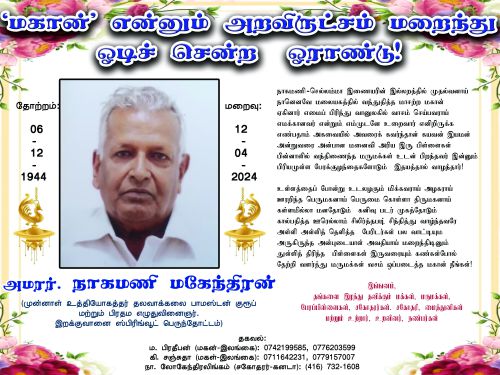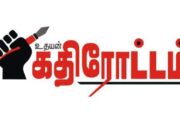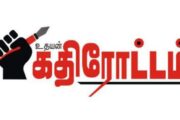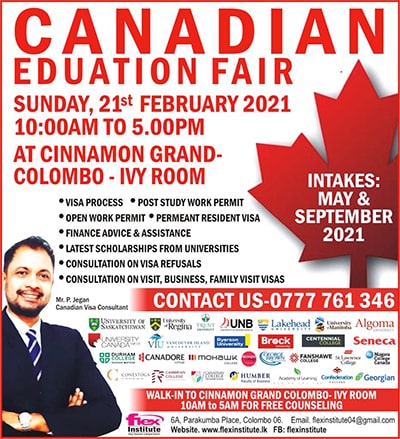Siva Parameswaran
A leading Human Rights organization has demanded the Sri Lankan Government release all the unpublished reports of previous commissions of inquiry.
South Africa-based International Truth and Justice Project (ITJP) while urging the government to release those reports has also questioned the rationale of one come commission being appointed to look into gross violation of human rights.
“The Truth, Unity, and Reconciliation Commission is the latest in a line of at least 36 commissions established by the Government of Sri Lanka to look for the truth, and yet victims say justice and accountability remain elusive” ITJP in its latest media release said.
Sri Lankan victims have lost count of the number of government commissions established to look into gross violations of human rights, as yet another one is about to be established it added.
The latest report from ITJP has been released coinciding with the peaceful protest by families of the disappeared demanding to know the fate of their dear ones who were either handed over to the state security forces or surrendered or victims of enforced disappearance during the final phase of the war.
On the 20th of February 2017, a peaceful protest led by women started-demanding a simple answer “What happened to our dear ones?”.
Even as their peaceful protest, considered one of the longest such in recent times entered its eight year, not even one individual who went missing either during or after the war has been found out despite an “Office on Missing Persons (OMP) was established by an act of the Parliament on the 11th of August 2016.

Even the appointment of seven commissioners as mandated in the act was done only on 28th February 2018 when Maithripala Sirisena was the President.
“It’s eight years today (20) since the families of the disappeared bravely started street protests to call for action; since then more than 240 elderly relatives have died without finding out what happened to their loved ones,” ITJP’s latest report says.
The latest Truth Commission proposed by the Government has been rejected by 37 Civil Society Organizations (CSOs) and 19 activists who have already issued statements with reasons why they reject the latest one by the Government.
“This is an eyewash,” Ambika Satgunanathan, Senior Attorney and Member, UN Voluntary Trust Fund for Victims of Torture wrote on X page (formerly Twitter). A former member of the Human Rights Commission of Sri Lanka she says the Mechanism is bound to fail in the “absence of a political will and a perfect law”
ITJP in their latest report points to the abject failure of past mechanisms, the failure to make documents public, the lack of sufficient powers for the new body, the absence of international involvement in the process, the absence of an appropriate judicial mechanism, and the failure to implement the recommendations of a long line of previous commissions.
They have published a list of 36 past commissions set up by the government of Sri Lanka.
“Shockingly the final reports of more than a third of these-14 were never made public”.
Additionally, very few are even displayed on any government website, despite being for a large part digitized. Indeed, we could only find copies available of approximately half – 11 – of the 22 published reports of past commissions, their report added.
Commenting on the pattern of inquiries being established to investigate, ITJP says they were done only to find what happened but not to hold anyone criminally responsible, with the result that there is a persistent recurrence of mass atrocities by the same individuals.
“This raises serious concerns about the Sri Lankan President’s latest accountability initiative. The first step towards truth would surely be for the Presidential website to acknowledge and endorse the content of past government investigations by publishing them online”.
In the spirit of truth, this should include reports that name the President, like the Batalanda Commission, which concluded inter alia that it was impossible for the torture and detention at the Batalanda torture site to happen without Ranil Wickremesinghe’s knowledge, the South African-based Human Rights Organization has demanded.
The report was jointly produced by the International Truth and Justice Project, Centre for Human Rights Development, No More Disappearances (FOD) and the Women’s Action Network.
The full report released by these organizations can be read here.

















